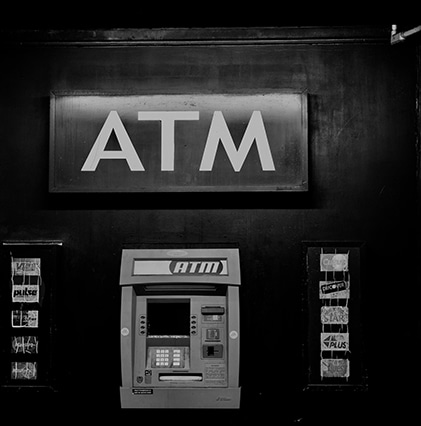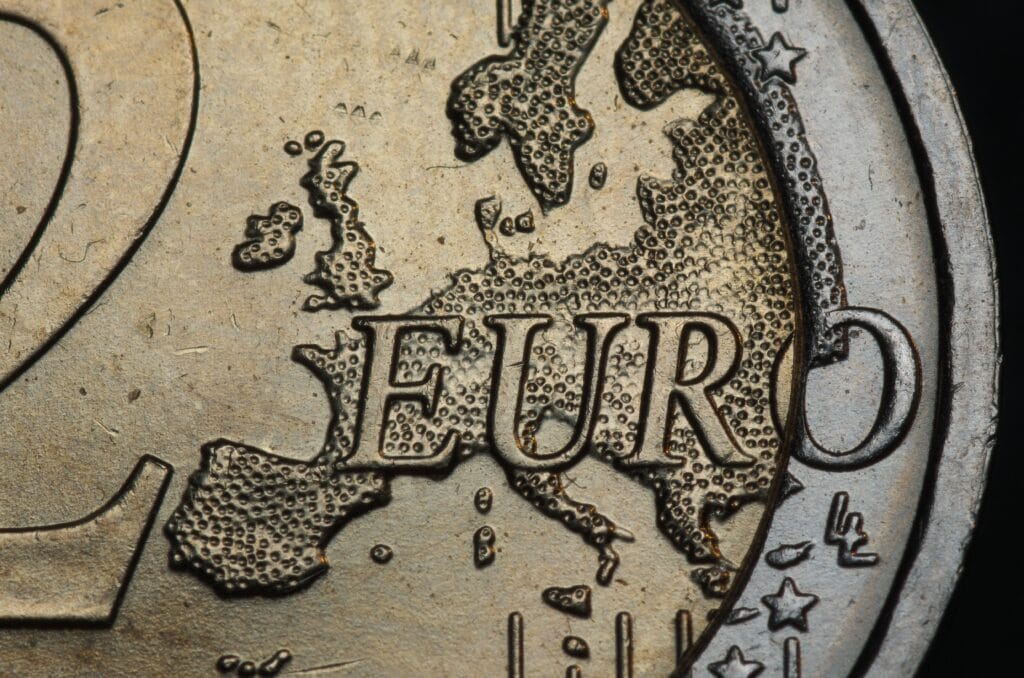Commission approval of State aid to bail-out a bank does not give rise to right for compensation for creditors who are bailed-in. Introduction Investors in banks who lost their money have sought compensation both at EU and national level. So far, claims for damages at EU level have been unsuccessful. In some instances, the cases before EU and national courts […]
State Aid Law
Blog
State Aid Uncovered Blog
In Lexxion’s State Aid Uncovered blog, Prof. Phedon Nicolaides publishes weekly critical analyses of recent State aid judgments and decisions. Each post presents the key points of a court judgment or EU Commission decision, places it in the context of similar case law or practice, assesses the underlying reasoning and highlights any inconsistencies or contradictions.
Guest contributions from other State aid experts will also be published on the blog at irregular intervals to complement the content of the blog posts.
Guest State Aid Blog ×
7. January 2020 |
State Aid Uncovered
by Phedon Nicolaides
17. September 2019 |
State Aid Uncovered
by Phedon Nicolaides
The sale must be open, transparent, non-discriminatory, unconditional and the winning bid must be the offer with the highest price. Introduction The German HSH Nordbank used to be the largest provider of ship finance in the world. It had commercial presence in over 20 major financial centres. Before the outbreak of the financial crisis in 2008, HSH Nordbank had a […]
8. May 2018 |
State Aid Uncovered
by Phedon Nicolaides
The sale of a bank through a fair, open, competitive and transparent procedure that maximises the value of the assets and liabilities is free of State aid. Introduction This week’s article returns to the theme of State aid to banks and examines a case of “precautionary” recapitalisation and a case of sale of a bank, that was linked to […]
15. November 2013 |
State Aid Uncovered
by Phedon Nicolaides
Introduction The private investor principle (PIP) or market economy investor principle is well established in the case law. A closely related concept is the private vendor principle (PVP). The PIP applies when a public authority assumes risk by investing in an undertaking, for example through the purchase of shares, injection of capital, granting of a loan or provision of […]
Guest State Aid Blog ×
7. January 2020 |
State Aid Uncovered
by Phedon Nicolaides
Commission approval of State aid to bail-out a bank does not give rise to right for compensation for creditors who are bailed-in. Introduction Investors in banks who lost their money have sought compensation both at EU and national level. So far, claims for damages at EU level have been unsuccessful. In some instances, the cases before EU and national courts […]
17. September 2019 |
State Aid Uncovered
by Phedon Nicolaides
The sale must be open, transparent, non-discriminatory, unconditional and the winning bid must be the offer with the highest price. Introduction The German HSH Nordbank used to be the largest provider of ship finance in the world. It had commercial presence in over 20 major financial centres. Before the outbreak of the financial crisis in 2008, HSH Nordbank had a […]
8. May 2018 |
State Aid Uncovered
by Phedon Nicolaides
The sale of a bank through a fair, open, competitive and transparent procedure that maximises the value of the assets and liabilities is free of State aid. Introduction This week’s article returns to the theme of State aid to banks and examines a case of “precautionary” recapitalisation and a case of sale of a bank, that was linked to […]
15. November 2013 |
State Aid Uncovered
by Phedon Nicolaides
Introduction The private investor principle (PIP) or market economy investor principle is well established in the case law. A closely related concept is the private vendor principle (PVP). The PIP applies when a public authority assumes risk by investing in an undertaking, for example through the purchase of shares, injection of capital, granting of a loan or provision of […]
Guest State Aid Blog ×
7. January 2020 |
State Aid Uncovered
by Phedon Nicolaides
Commission approval of State aid to bail-out a bank does not give rise to right for compensation for creditors who are bailed-in. Introduction Investors in banks who lost their money have sought compensation both at EU and national level. So far, claims for damages at EU level have been unsuccessful. In some instances, the cases before EU and national courts […]
17. September 2019 |
State Aid Uncovered
by Phedon Nicolaides
The sale must be open, transparent, non-discriminatory, unconditional and the winning bid must be the offer with the highest price. Introduction The German HSH Nordbank used to be the largest provider of ship finance in the world. It had commercial presence in over 20 major financial centres. Before the outbreak of the financial crisis in 2008, HSH Nordbank had a […]
8. May 2018 |
State Aid Uncovered
by Phedon Nicolaides
The sale of a bank through a fair, open, competitive and transparent procedure that maximises the value of the assets and liabilities is free of State aid. Introduction This week’s article returns to the theme of State aid to banks and examines a case of “precautionary” recapitalisation and a case of sale of a bank, that was linked to […]
15. November 2013 |
State Aid Uncovered
by Phedon Nicolaides
Introduction The private investor principle (PIP) or market economy investor principle is well established in the case law. A closely related concept is the private vendor principle (PVP). The PIP applies when a public authority assumes risk by investing in an undertaking, for example through the purchase of shares, injection of capital, granting of a loan or provision of […]







